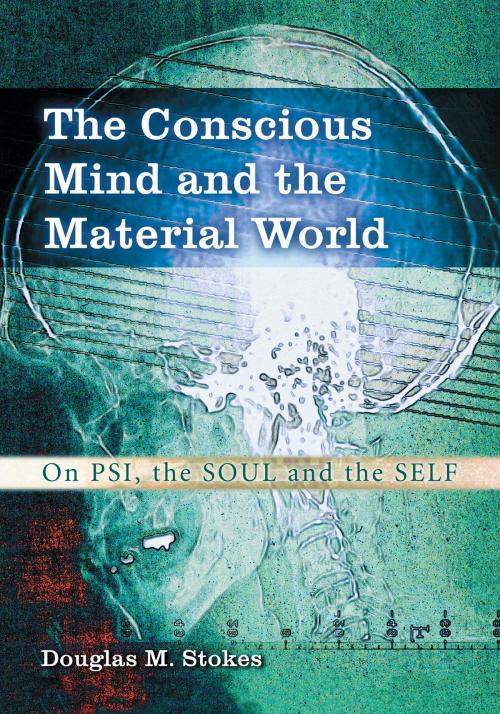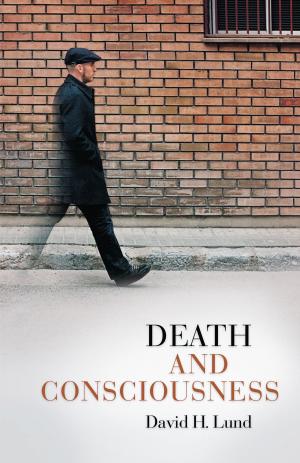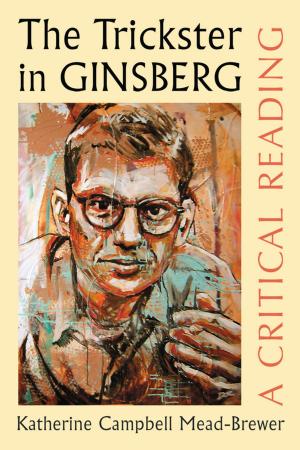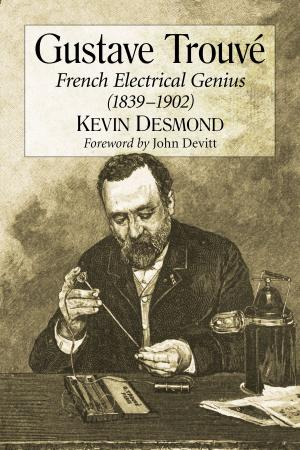The Conscious Mind and the Material World
On Psi, the Soul and the Self
Nonfiction, Religion & Spirituality, Occult, Parapsychology, New Age| Author: | Douglas M. Stokes | ISBN: | 9780786487523 |
| Publisher: | McFarland & Company, Inc., Publishers | Publication: | January 24, 2015 |
| Imprint: | Language: | English |
| Author: | Douglas M. Stokes |
| ISBN: | 9780786487523 |
| Publisher: | McFarland & Company, Inc., Publishers |
| Publication: | January 24, 2015 |
| Imprint: | |
| Language: | English |
What makes us who we are? From a scientific viewpoint, any individual’s existence is improbable at best. Consciousness as an actuality is inarguable; its nature, however, remains elusive. This work argues the view of self as a field of pure consciousness, debating the existence of a continuing self and drawing conclusions about this entity and its relation to the physical body and the physical world. Beginning with an exploration of the relationship between mind and matter, it discusses ostensible psi phenomena such as extra-sensory perception and psychokinesis and their implications for our understanding of the mind and the cosmos. Additional topics include the perennial mind-body problem; the role of consciousness in quantum mechanics (and conversely the role of quantum mechanics in the study of consciousness); the anthropic principle; and evidence for Intelligent Design. Quasi-religious questions such as the survival of consciousness after death are also addressed.
What makes us who we are? From a scientific viewpoint, any individual’s existence is improbable at best. Consciousness as an actuality is inarguable; its nature, however, remains elusive. This work argues the view of self as a field of pure consciousness, debating the existence of a continuing self and drawing conclusions about this entity and its relation to the physical body and the physical world. Beginning with an exploration of the relationship between mind and matter, it discusses ostensible psi phenomena such as extra-sensory perception and psychokinesis and their implications for our understanding of the mind and the cosmos. Additional topics include the perennial mind-body problem; the role of consciousness in quantum mechanics (and conversely the role of quantum mechanics in the study of consciousness); the anthropic principle; and evidence for Intelligent Design. Quasi-religious questions such as the survival of consciousness after death are also addressed.















